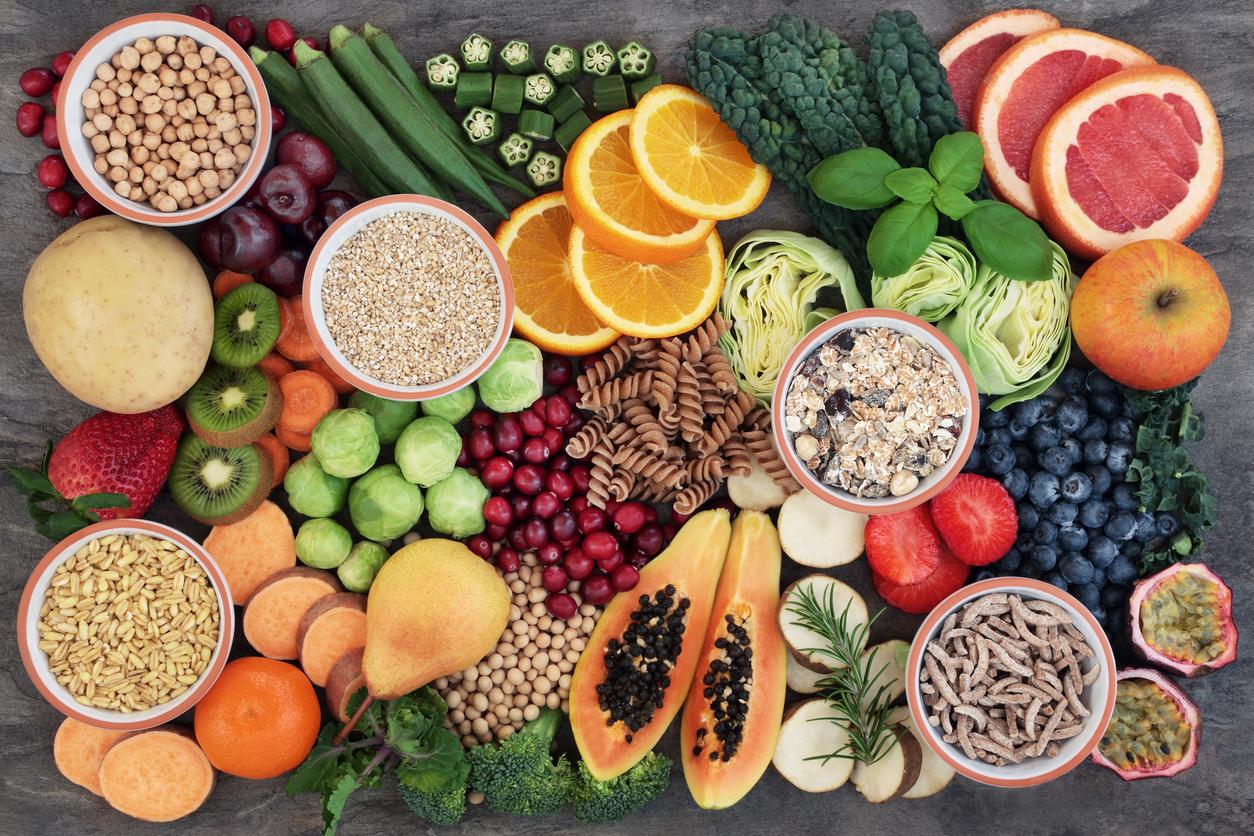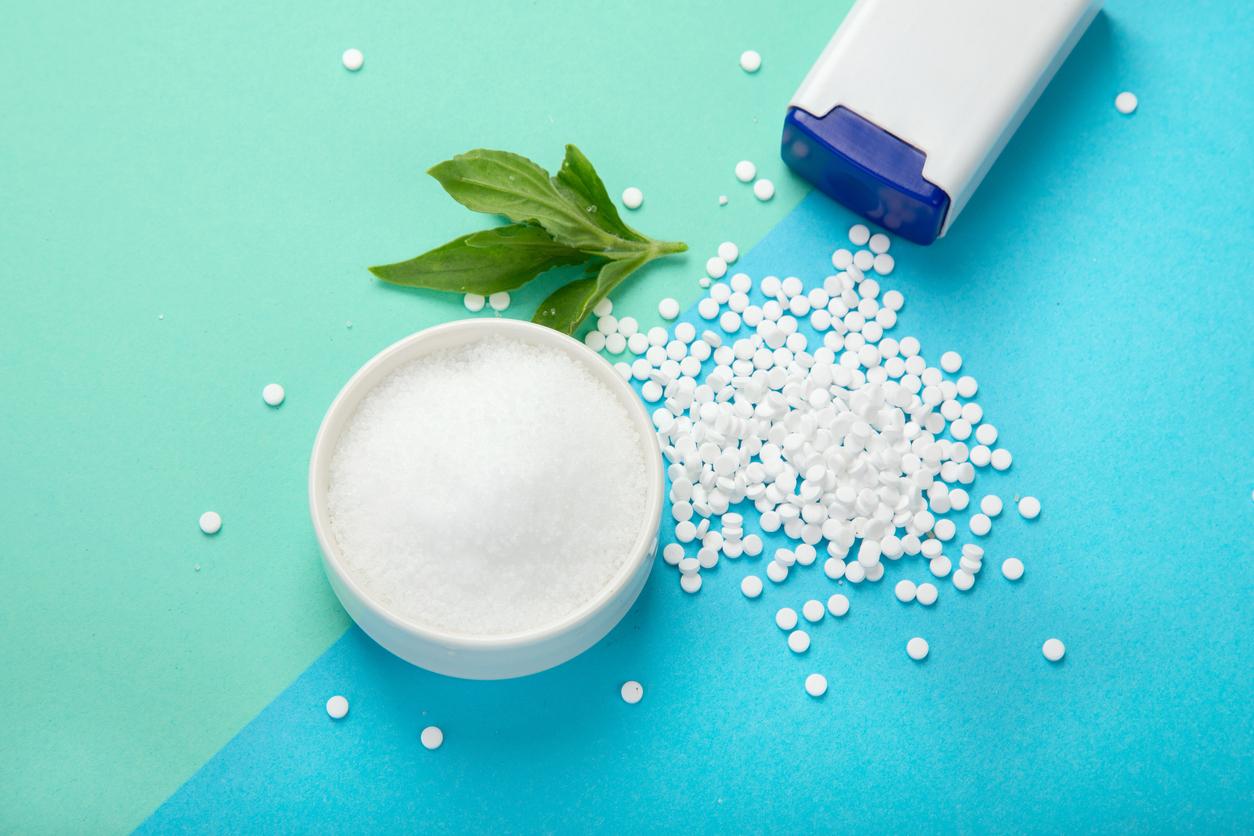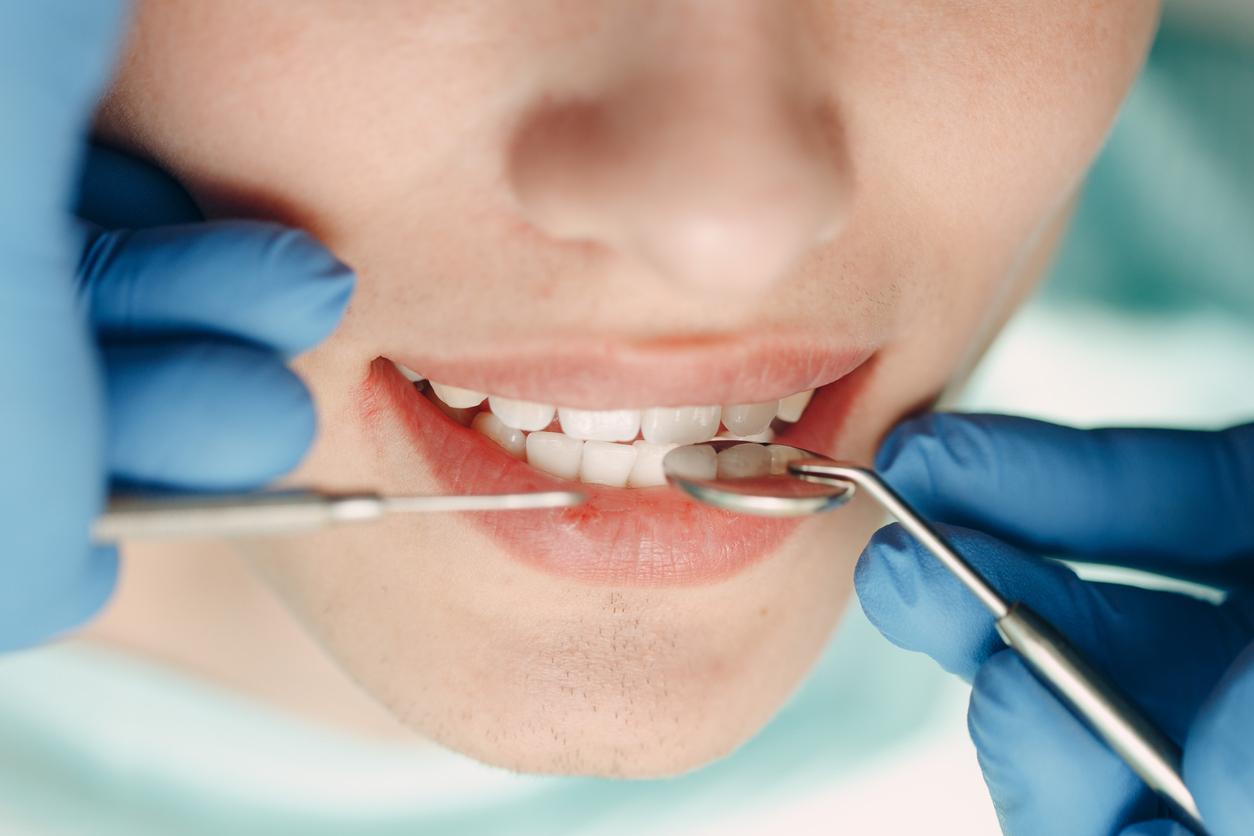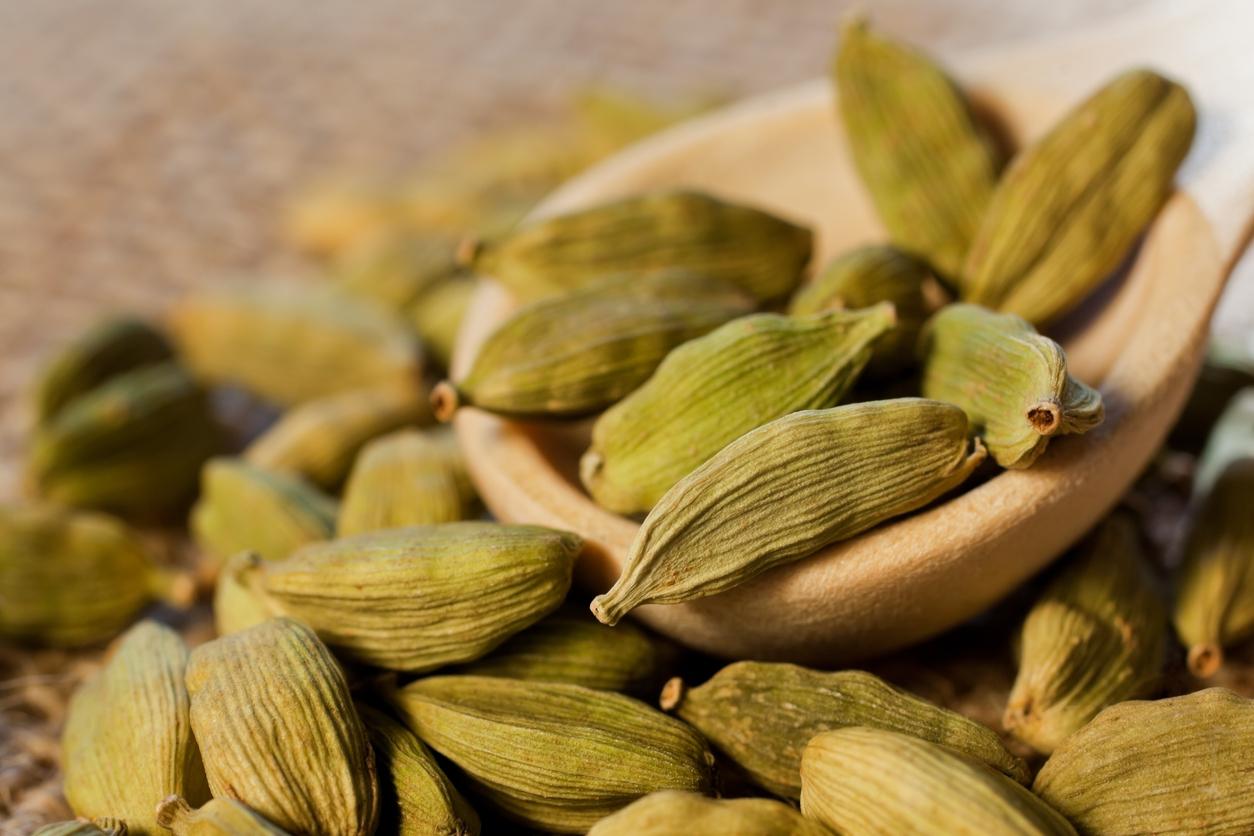September 16, 2005 – Consuming a certain amount of vinegar diluted in a glass of water before a meal may lead to weight loss, providing a feeling of fullness.
This is the conclusion, both strange and surprising, to which Swedish researchers come.1 from Lund University, who asked 12 healthy subjects to consume 18, 23 or 28 mmol of vinegar diluted in a glass of water before eating 50 g of white bread.
The primary goal of the experiment was actually to measure how vinegar influences the metabolism of bread. As a result, the greater amount of vinegar resulted in a 25% reduction in blood glucose and insulin levels.
But the most astonishing result is the feeling of satiety, which is notoriously difficult to measure because it is so subjective. The subjects who consumed the most vinegar reported feeling more full than the control group, which ate only bread, up to 120 minutes after the end of the meal.
“We have to pay attention to their results, but we also have to ask ourselves to what it is attributable, warns Angelo Tremblay, holder of the Canada Research Chair in physical activity, nutrition and energy balance at Laval University. Where does this appetite reducing effect come from? Is it due to a component of the vinegar or is it simply because the subjects detected the taste of vinegar in the water? “
Pr Tremblay also specifies that he obtained similar results with spices such as Korean red pepper, without being able to pinpoint the person responsible for the appetite-reducing effect.
Swedish researchers do not explain the link between consuming vinegar and feeling full. They only specify that it would be interesting to repeat the experiment with more subjects by measuring, for example, their voluntary food consumption at the meal following the intake of vinegar.
Vinegar is just beginning to gain recognition in Europe and North America. But in Japan, vinegar-based drinks are increasingly popular because of the therapeutic virtues that are attributed to them.
The results of this study are published in the current edition of European Journal of Clinical Nutrition.
Jean-Benoit Legault – PasseportSanté.net
1. A summary of the study can be viewed at: www.nature.com/ejcn/journal/v59/n9/abs/1602197a.html















